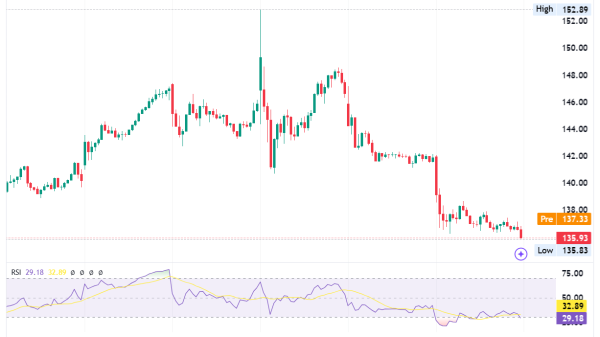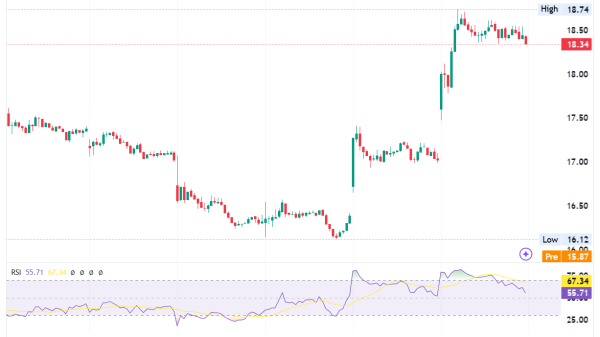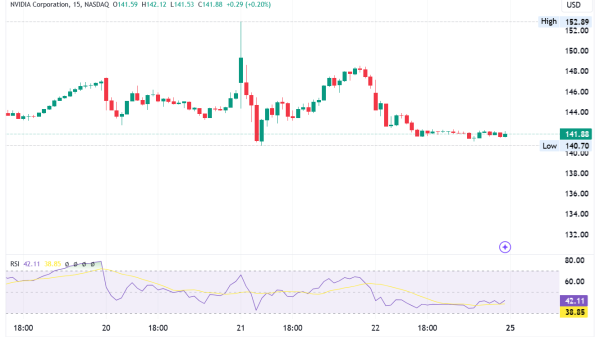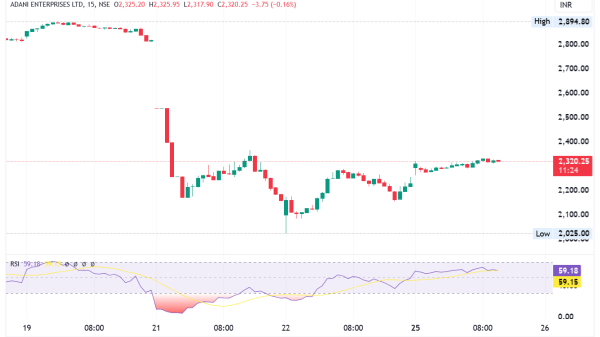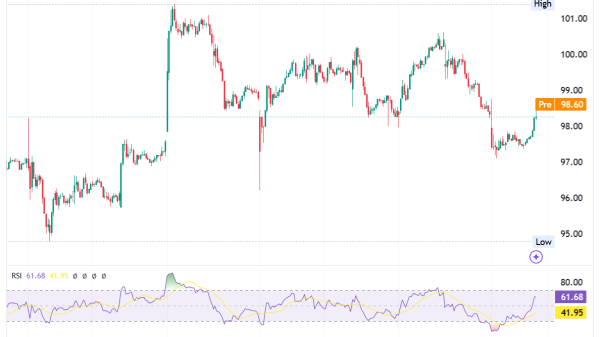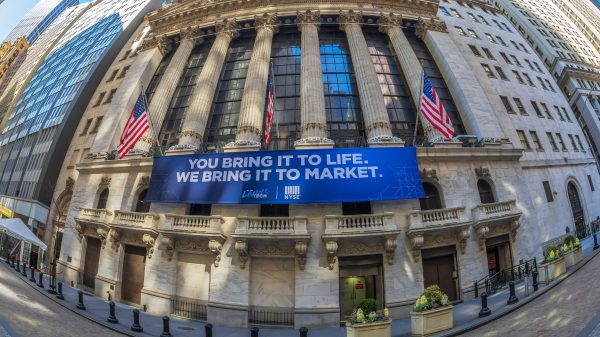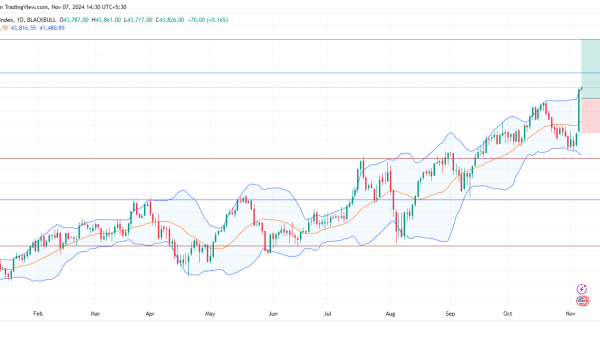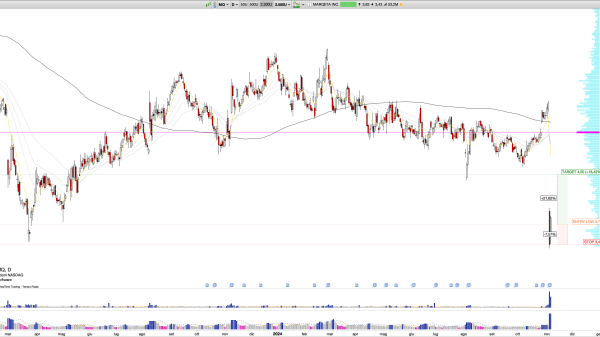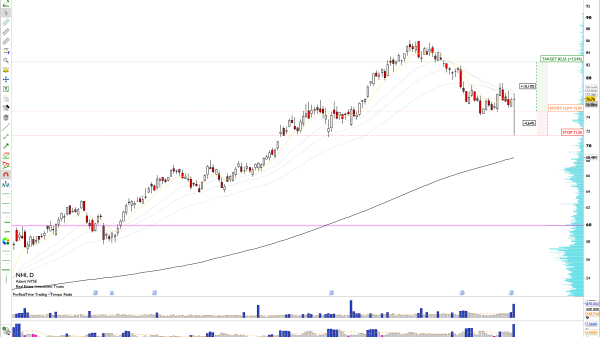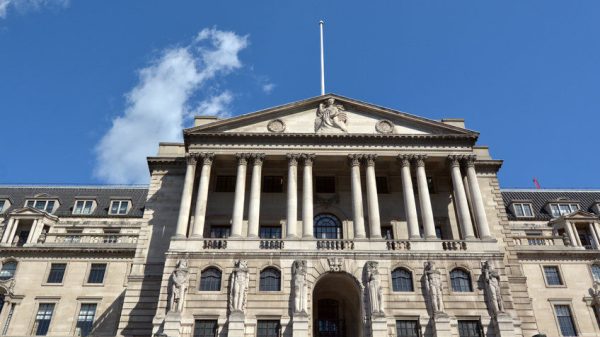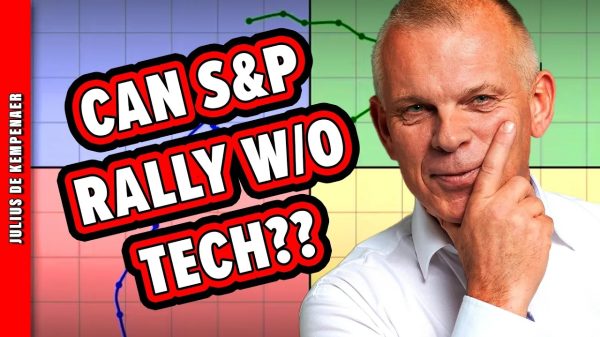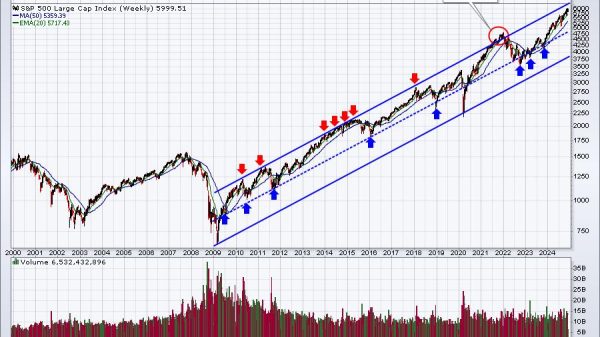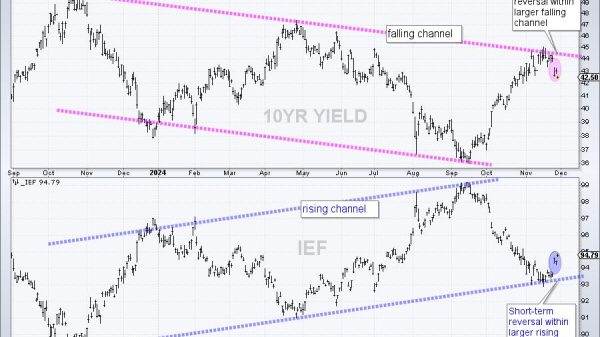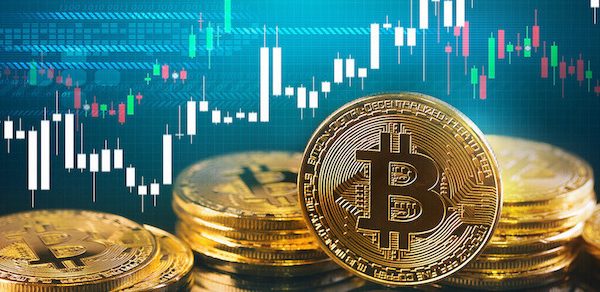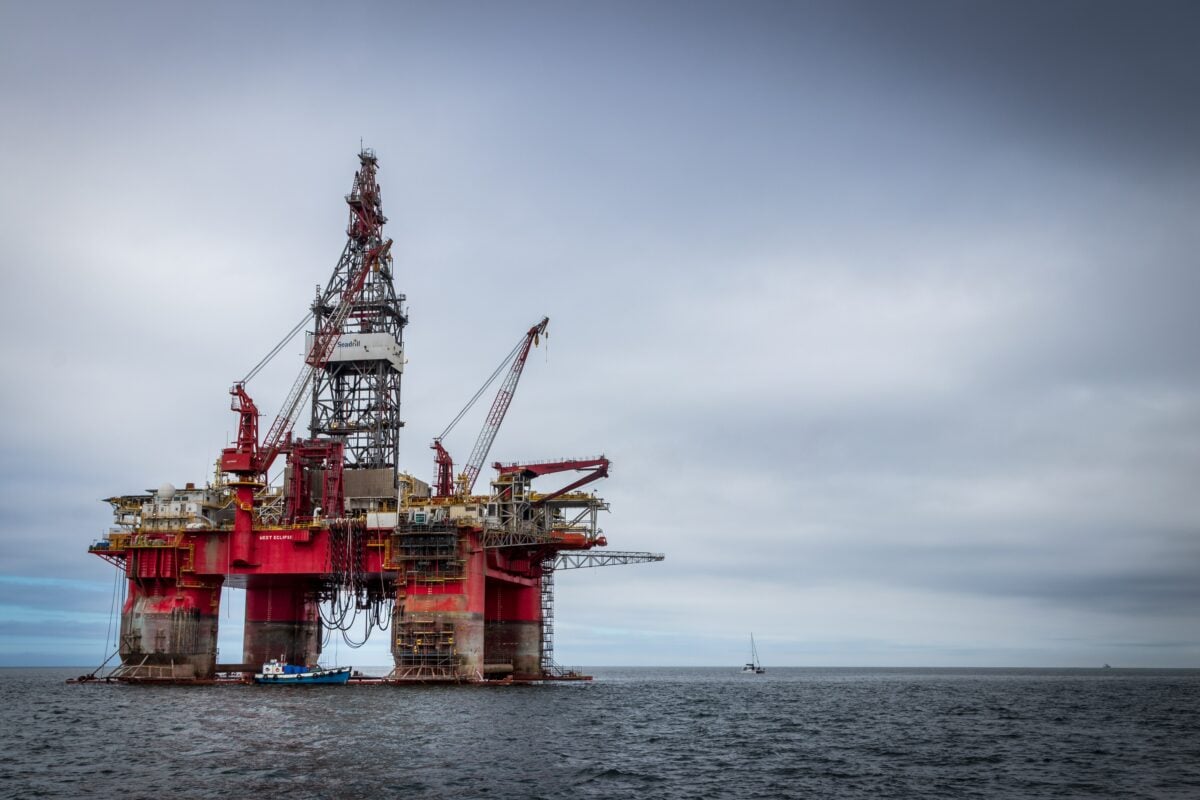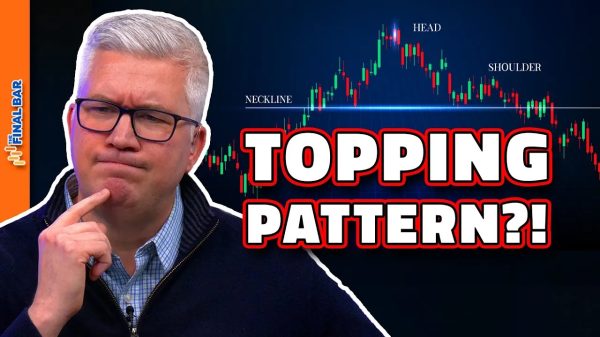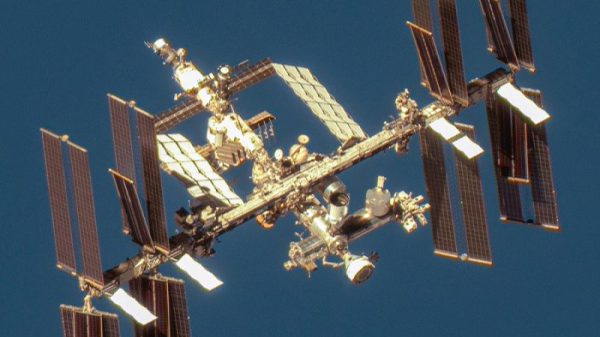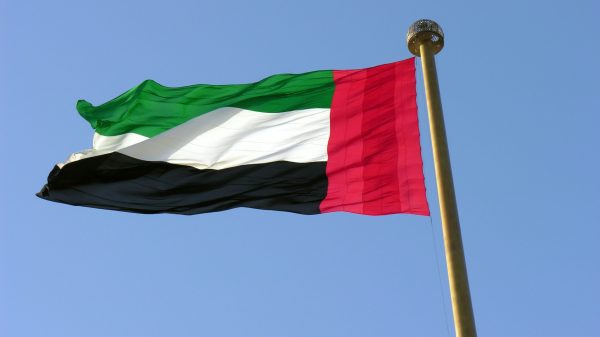Europe’s Gas Trading Landscape
As Europe braces for the winter heating season, a sense of calmness pervades its natural gas markets and governments. A stark contrast to the anxiety of the previous year, this tranquility is attributed to the full gas storage sites and the uninterrupted flow of liquefied natural gas (LNG) supply, bolstered by the inauguration of new import terminals.
Gas Trading in the region appears to be on more solid ground, with governments and forecasters urging caution despite the positive outlook. However, this respite may be short-lived as Europe grapples with the realisation that its natural gas prices are no longer exclusively determined within its borders. The whims of markets in far-flung places like Australia, Japan, China, and the United States now wield significant influence, ushering in an era of unpredictability and volatility.
The Global Nexus: Shifting Gas Price Determinants
The traditional narrative of Europe primarily determining its gas prices is undergoing a transformation. While securing LNG supply might not pose immediate challenges, the business gas prices will increasingly be shaped by global factors. The pivot to LNG, necessitated by the loss of Russian pipeline gas supply, exposes Europe to the ebb and flow of the international supply and demand landscape.
Whether it’s a disturbance at an Australian LNG export terminal, an incident at a US export facility, or a spike in demand in Asia, these occurrences now directly impact the fluctuations of European benchmark natural gas prices. The past two months have provided a glimpse of this interconnected reality as the continent becomes more vulnerable to external shocks.
Navigating the Currents: Europe’s LNG Landscape
November witnessed a surge in LNG demand in Europe and Asia, coinciding with a steadiness in spot prices in the latter. However, beneath this apparent equilibrium lies a nuanced scenario. End-user demand in northeast Asia has remained subdued, with high terminal inventories in South Korea and Japan acting as a dampener, according to Samuel Good, head of LNG pricing at Argus.
In contrast, Europe’s benchmark natural gas prices have experienced fluctuations as traders grapple with the interplay of higher heating demand and nearly full EU inventories. The continent’s gas storage sites, registering at an impressive 98.69% full as of November 21, have witnessed consecutive small net withdrawals in recent weeks. This departure from the trend seen since April indicates a shift in the usual seasonal patterns.
Record-High Inventories: A Double-Edged Sword
Europe’s gas storage sites have reached unprecedented levels, with early November figures at a staggering 99.6% full. This surplus, well above the ten-year average of 89%, offers a sense of security. However, the flip side of the coin reveals the potential vulnerabilities. Analysts, including Reuters’s Kemp, estimate that considering the changes in storage trends over the last decade, European gas sites could end this winter anywhere from 35% to 52% full, depending on the severity of the winter.
Ole Hansen, Head of Commodity Strategy at Saxo Bank, notes a three-year high in gas supply to Europe from Norway, coupled with abundant LNG volumes at sea. Despite this, the premium of the peak winter contract in February over spot prices has seen a reduction to just $1.64 (1.50 euros) per megawatt-hour. The optimism stemming from record-high inventories is met with a cautionary note—the calm in the market could swiftly transform into turbulence if fresh supply concerns emerge or if this winter proves exceptionally cold.
Winter’s Veil: Uncertainty and the Road Ahead
As Europe steps into the winter months, uncertainty hangs in the air. Last year’s milder-than-usual temperatures provided a reprieve, allowing Europe to navigate the challenges of importing higher LNG volumes amid escalating prices. However, this winter’s course remains unpredictable, with weather emerging as the chief protagonist in the LNG market and pricing narrative.
The evolving dynamics of the LNG market, now a truly global commodity, expose Europe to supply disruptions as far-flung as Australia. Lead Energy Analyst for the Institute for Energy Economics and Financial Analysis (IEEFA) Europe team emphasizes the increasing volatility in gas and LNG prices, driven by global factors. The future, she asserts, is shrouded in uncertainty, making it challenging to predict how the delicate balance of supply and demand will unfold and what impact it might have on prices.
While Europe currently enjoys the benefits of full gas storage and a steady influx of LNG, the winds of change are blowing. The continent must acknowledge that the days of insulated gas trading are behind, ushering in an era where global events intricately shape the trajectory of natural gas prices. As gas trading becomes an international symphony, Europe’s ability to dance through the volatility will determine its energy resilience in the years to come.
The post Europe’s Gas Trading Landscape appeared first on FinanceBrokerage.

